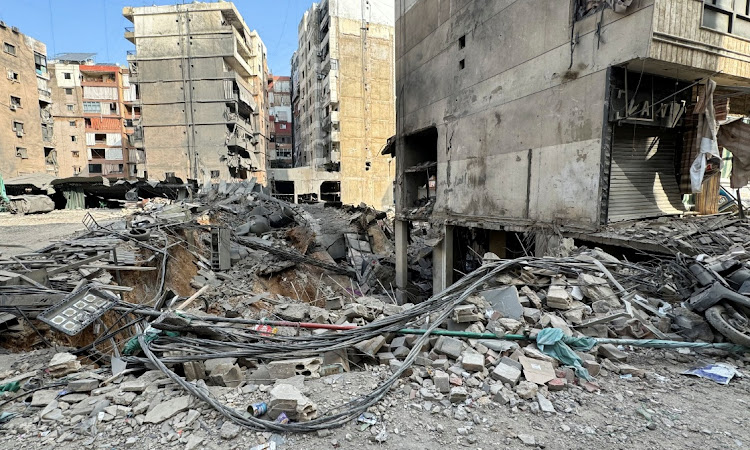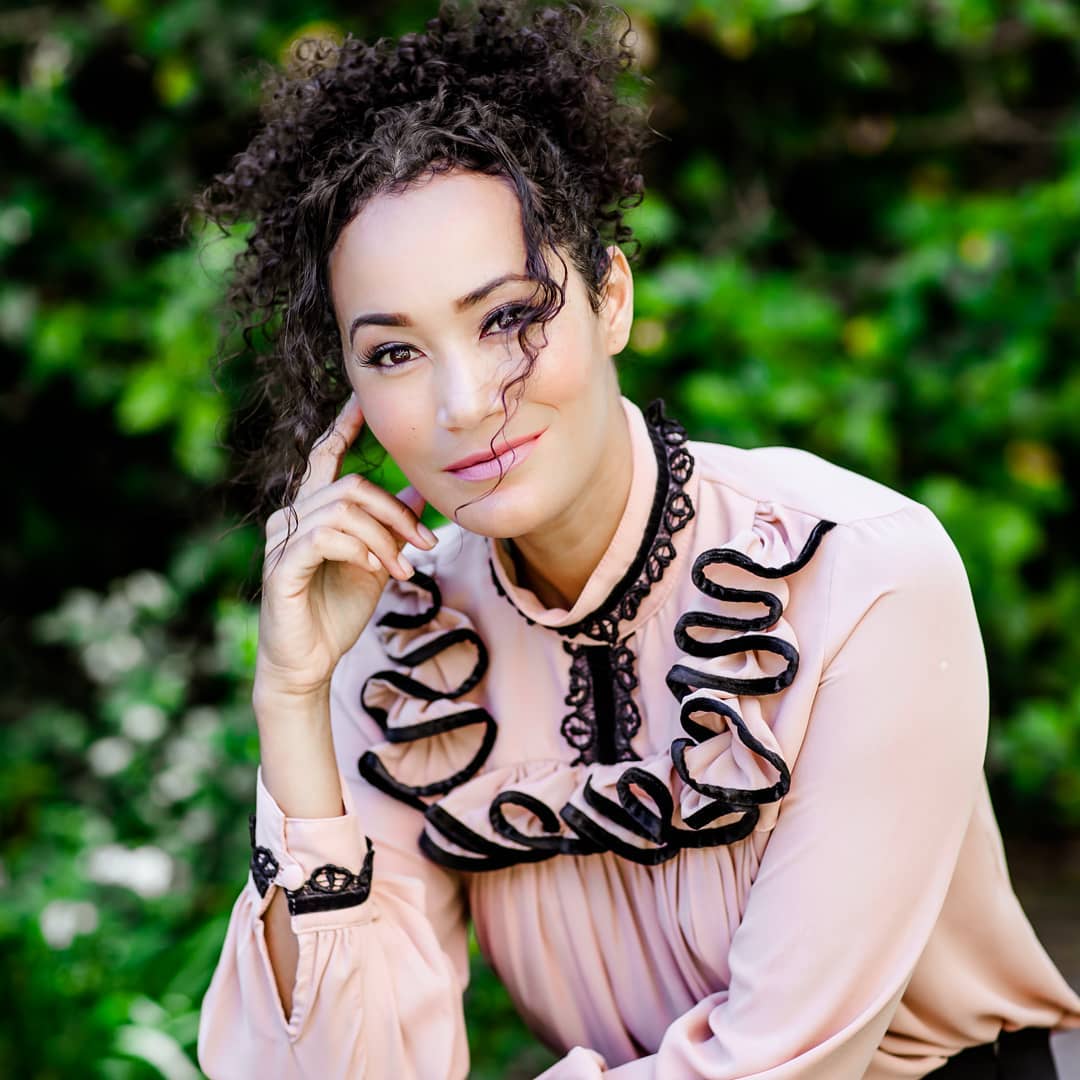Israel has formally presented its demands to the United States as part of ongoing discussions aimed at reaching a resolution to the escalating conflict in Lebanon. The war, which has led to widespread devastation and loss of life, has prompted urgent calls for a ceasefire and a comprehensive plan to restore peace in the region.
Israeli officials outlined their key demands during high-level meetings with U.S. representatives, emphasizing the need for concrete steps to ensure the security of its borders and the dismantling of hostile militant groups in Lebanon. Central to Israel’s position is the urgent need to address the threat posed by Hezbollah, the Iran-backed militant group that has been actively engaged in cross-border attacks and rocket fire into Israeli territory.
Among the primary demands presented by Israeli leaders is the establishment of a robust framework to prevent Hezbollah from rearming and regrouping. Israeli officials have expressed concerns about the significant stockpiles of weapons and advanced military capabilities that Hezbollah has amassed, which they believe pose a direct threat to national security. “The status quo is untenable,” one Israeli official stated. “We need assurances that Hezbollah will not be allowed to rebuild its military infrastructure.”
In addition to security guarantees, Israel has called for the implementation of a comprehensive monitoring system to oversee the disarmament of militant factions in Lebanon. This would involve international cooperation, with a focus on ensuring that weapons do not flow into the hands of hostile groups. Israeli leaders have urged the U.S. to take a leading role in facilitating this monitoring effort, leveraging its influence to bring about a sustainable peace agreement.
Israel gives the US its demands
The humanitarian situation in Lebanon has also been a critical point of discussion. As the conflict rages on, civilians continue to bear the brunt of the violence, with thousands displaced and in need of urgent assistance. Israel has indicated its willingness to support humanitarian efforts, provided that these initiatives do not benefit Hezbollah or any other militant factions. “We are committed to helping the Lebanese people, but we need guarantees that aid will not be diverted to those who seek to harm us,” another official remarked.
The U.S. has historically played a pivotal role in mediating conflicts in the Middle East, and its involvement in the current situation is seen as crucial. In response to Israel’s demands, U.S. officials have emphasized the need for a balanced approach that addresses the security concerns of both Israel and Lebanon. They have urged for a dialogue that includes all relevant stakeholders, aiming to create an environment conducive to lasting peace.
As discussions progress, there are growing concerns about the potential for further escalation in the conflict. The recent increase in hostilities has raised alarms within the international community, prompting calls for urgent intervention to prevent a wider regional crisis. U.S. Secretary of State has reiterated the importance of a diplomatic solution, stating, “We must work together to de-escalate tensions and find a path forward that prioritizes peace and stability in the region.”
The situation in Lebanon is further complicated by the involvement of various regional actors, each with their own interests and agendas. Iran’s support for Hezbollah and its role in the broader geopolitical landscape continues to be a focal point of concern for Israel and its allies. As negotiations unfold, the dynamics between these nations will play a critical role in shaping the outcome of discussions.
Israel gave the United States a document last week with its conditions for a diplomatic solution to end the war in Lebanon, American news website Axios reported on Sunday, citing two US officials and two Israeli officials.
Israel has demanded its IDF forces be allowed to engage in “active enforcement” to make sure Hezbollah doesn’t rearm and rebuild its military infrastructure close to the border, Axios reported, citing an Israeli official.
Israel also demanded its air force have freedom of operation in Lebanese air space, the report added.
A US official told Axios it was highly unlikely that Lebanon and the international community would agree to Israel’s conditions.
The White House could not be immediately reached outside regular business hours. The US State Department did not immediately respond to a request for comment.
White House special envoy Amos Hochstein is visiting Beirut today to discuss a diplomatic solution to the conflict, the report added.
Public sentiment in both Israel and Lebanon remains deeply affected by the ongoing conflict. In Israel, citizens are increasingly concerned about security and the potential for future attacks, while in Lebanon, the humanitarian crisis has sparked protests and demands for action from the government. The voices of ordinary people are echoing through the halls of power, urging leaders to prioritize peace over conflict.
As Israel and the U.S. navigate the complexities of this situation, the need for a comprehensive and sustainable solution becomes ever more pressing. The demands presented by Israel are a crucial step in the dialogue, but they also highlight the intricate web of challenges that must be addressed to achieve lasting peace in Lebanon.
With both countries engaged in intense discussions, the world watches closely, hoping for a breakthrough that could pave the way for a resolution to the suffering endured by countless civilians caught in the crossfire of this enduring conflict.
In other news – Minnie Dlamini Surprises Mom with a New Car for Her Birthday
The surprise unfolded in a touching reveal that left her mother visibly emotional. Minnie Dlamini shared the moment on her social media platforms, showcasing her mother’s reaction as she stepped outside to see the gleaming vehicle parked in the driveway.
The video captured her mother’s disbelief and joy, a testament to the strong bond they share. “I wanted to do something special for my mom, someone who has always been there for me,” Dlamini explained in the caption accompanying the video. Read more







